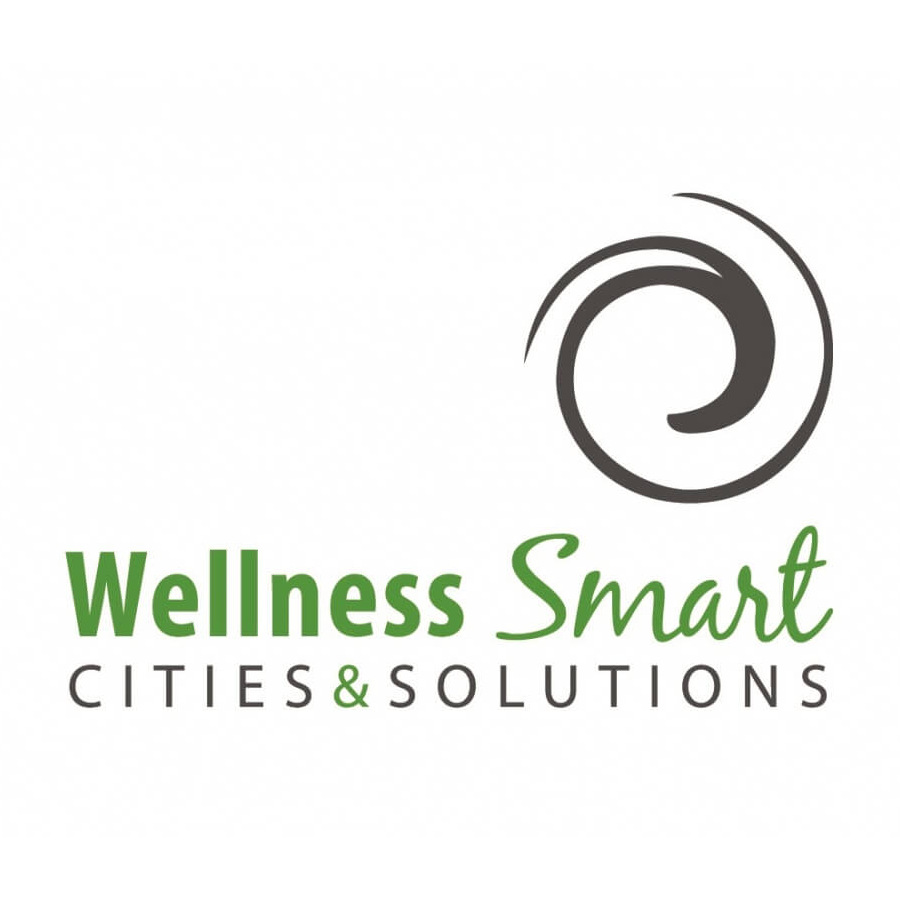Wellness Smart Cities (WSC) is a technology-based SME from Spain, funded in 2014 from the mother company Wellness Telecom (SME, 2008) belonging to the Wellness Group.
Wellness Smart Cities designs and builds technology to add intelligence to infrastructures, creating more efficient, more livable and more intelligent cities. WSC has a broad experience in manufacturing smart solutions, products & services making use of ICT´s such as: wireless sensors networks, secure telecommunications, software development, SaaS provision and web/mobile technologies application.
Wellness Smart Cities main focus areas are:
- Intelligent lighting
- Building electricity and gas energy optimization and monitoring
- Waste management
- Drinking water quality and leak management
- Intelligent management for urban parking
- Open Government and Citizen participation
- Health and quality of life
Innovation is the key driver of Wellness Smart Cities; from its beginnings the company bets for a continuous investment with a dedicated team that are continuously designing and producing, new added value services and business models, based on the potential and vision of emerging technologies. Wellness Smart Cities innovation, believes on a User Centered Design approach as a basic methodology for its success.
One of the competitive advantages of our WSC is its willingness and flexibility to adapt to specific customer needs, combining business vision with advanced research and technology capacity, in areas such as:
- Communications and monitoring hardware platforms.
- Sensing devices.
- Massive data management architecture.
- Vertical applications (specific business process software).
- Data security at various software and hardware levels.
- Third party platform and solution integration.




